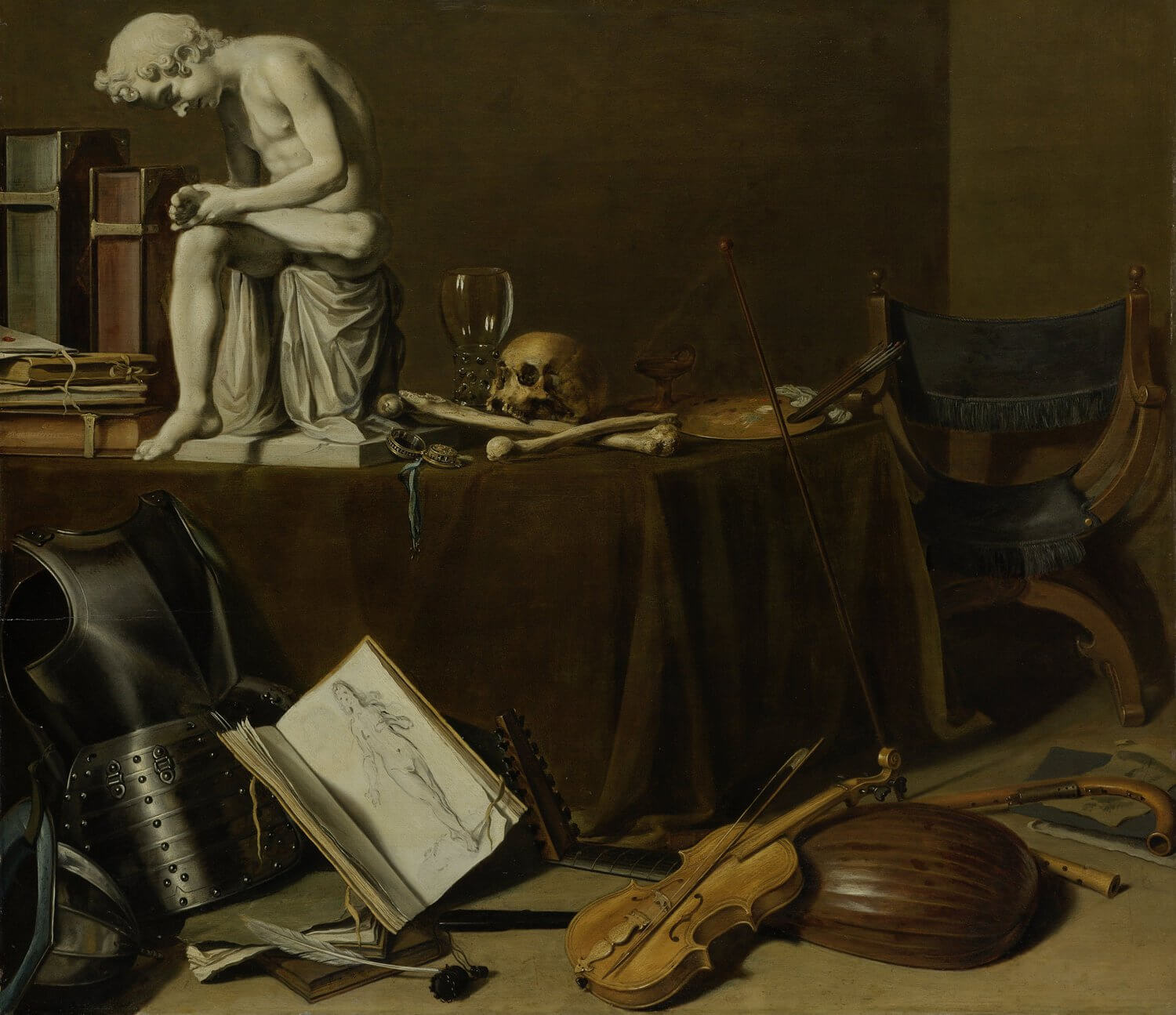📺视频-愚蠢的电视文化|Boob Cluture
type
Post
status
Published
date
Sep 9, 2024
slug
video-3
summary
视频探讨了文化中心的意义、媒体演变以及人类对幸福和爱的追求。
tags
视频
2013
category
视频
icon
password
Summary
视频探讨了文化中心的意义、媒体演变以及人类对幸福和爱的追求。
Highlights
文化中心的重要性:每个城市的文化中心展示人类文明的精华。
媒体的影响:从电视到互联网,媒体的演变并未改变人类的本质。
电视的批判:电视被视为“胸部显像管”,使人们变得被动和无知。
社交网络的争议:社交媒体被批评为破坏人际交流,但历史上对新媒体的担忧始终存在。
人类共同的追求:无论信仰如何,人们都渴望快乐与爱。
Keywords
文化中心、媒体演变、幸福、爱、社交网络
🤗 视频
视频字幕英文
I've made this point, when I would travel around Russia that like in Tomsk there is a cultural centre, actually in every Russian town or city and in other places in the world, what's in the heart—usually in the primo location of every city is a “cultural centre”. [Boob Culture] Because people understand, this is the...here are supposed to be on display the greatest achievements of human civilization, of human thought. As the Victorians or Romantics, they expressed, they said, “What is poetry?” And by extension that means deep thought. They said, “The best of what has been thought and expressed.” That's what literature should be, and that's what culture should be about— the best of what has been thought and expressed.So they understand that you go to the cultural centre, and you see the play, the ballet, hear the orchestra. Why? Because there is an intuitive understanding— this is the zenith point of human civilization. That's the way it was. Now we have the Internet. And again, maybe Thoreau, another American transcendentalist, when they told him, “What do you think about the Transatlantic cable?” That was a cable that went from New York under the ocean to London.So they could send messages instantly. It was like before the Internet. That was the 19th century conception of “wired”. And when asked what he thought about it, everyone was so excited, he said, “What if the news is that the Princess has a cold?” And that's what the news has become. This movie started this, this person did that...In the golden age of television they said that television would eradicate ignorance. After TV there would no longer be illiterate people. Everybody through the medium of television would become enlightened. All knowledge would be available to them through TV. In the end, not even, you know, midway... I was the first television generation.As now there is Internet generation, I was in the first television generation. By the mid-sixties one of the slang names for TV was “boob tube”. “Boob” has different meanings, we know. So it became “boob tube” in other ways in time too, but what they meant at the time by calling it “boob tube”—“boob” also means “idiot”.So it was told, you sit in front of this, you don't become an enlightened thinker, you become a moron. A passive, overweight moron. That was the end result of this “enlightenment device” called television. So there's always one or another... “Plus ça change, plus c'est la même chose”— the French say, “The more things change, the more they remain the same.” So, the other day someone showed a bunch of quotes about... It appeared to be anti-Internet, like anti-Twitter, Facebook, on every quote... You thought, “Oh, that's what they are talking about.” And actually it was saying like, “Now people will stop communicating personally with one another.” And there is the whole list of quotes like that, but then at the end it says, “These were comments people made in the 19th century about magazines.” They were saying: “Now that there are magazines... That was going to ruin human interpersonal relationships.” So here we are, 13 years into the 21th century: social networking, Twitter, Instagram... In the future people will go, “What's was that?” And someone will go, — Look it up on Wikipedia. — What's that? It will all change— “Plus ça change, plus c'est la même chose”— and become more of the same. “Tell me if there are still janma, mrityu, jara, vyadhi— birth, death, old age and disease. Do a little check-list on that one for me. I'm willing to bet that they are still there.” They are inescapable. Mortality is inescapable.Science hasn't made people immortal. We are searching after amrita, which means “nectar”, and by extension—“immortality”. It is the search of devas and the asuras, as we are told, in the “churning of the ksir ocean”. And I like to frame this in modern sense that, in one sense, the ultimate pursuit of theist and atheist is similar— everybody wants happiness.No one can deny that they want to be happy. They want love, affection, a loving affection and happy relationship. Atheist, theist, agnostic alike.
视频字幕中文
在游历俄罗斯时我就说过 就像Tomsk有文化中心 事实上俄罗斯每个城镇 全球各地 每个城市的中心区域 都是文化中心 蠢材文化 因为大家明白 这里应当用来展现 人类文明和思想最登峰造极的成就 就像维多利亚时代的浪漫主义者说 “什么是诗歌?” 延展开来是问,什么是深刻的思想 他们说,“是有史以来思想表达的精华” 文学和文化理应如是是思想表达的精华 大家都知道如果去文化中心 会看到戏剧,芭蕾还有交响乐 为什么? 因为大家本能的知道 这是人类文明的巅峰 本该如此 现在有了因特网 有人问卢梭,或者是另外一个美国超验主义者 “你怎么看待跨大西洋海底光缆?” 那个海底光缆从纽约铺到了伦敦 讯息即时传送 那是互联网出现之前 19世纪的联网方式 当被问到对此的看法时 大家都很激动 他回答,“如果我们收到的新闻是公主感冒了?” 新闻现在已经变成了这样这个电影怎样,那个人做了什么 而当年电视机的黄金时代 他们说这将消灭无知 电视机出现后不再有人是文盲 通过电视这一媒介 所有人都将得到启蒙 电视将带来一切知识 而最终,甚至还没走到中途 现在是互联网的一代了,我是第一代电视机人 到了六十年代中期 电视的一个俗称是“胸部(boob)显像管” “boob”有不同的意思 电视也变成了“胸部(boob)显像管” 当时为什么称之为“胸部(boob)显像管”,因为boob也指蠢材 坐在它面前 你并未变成个开悟的思想家 而成了笨蛋被动接收信息的肥胖的笨蛋 这就是这个“启蒙设备”电视带来的最终结果 总会有这个或那个 Plus ça change, plus c'est la même chose 像法语说的“万变不离其宗” 前些天有人说了些引言 看起来是反因特网,反微博,反脸书的 你想了“哦,是这个意思” 实际上那些话说 “现在人们都不直接沟通了” 有很多类似的引言 但收尾时候说,“这些是当年19世纪 杂志诞生时人们的评论。” 当年说,“这些杂志将毁掉人际交流关系。” 而我们现在已经步入21世纪十几年了有了社交网络,微博,instagram... 未来的人们会问,“那都是些什么?” “快查查维基百科看那到底是啥” 一切都会改变 但不离其宗 我可以向未来的观众们保证 这个世界依旧会有janma, mrityu,jara,vyadhi 即生老病死 到时帮我一一确认下 我肯定未来这些依旧存在,甩不掉 死亡是躲不掉的 科学并没有让人永生不死 我们在寻找着amrita甘露 延伸开即,找永生不死 半神们跟恶魔们都在寻找 就像“搅动甘露之洋”的故事 用现代的看法来看一个角度上讲 有神论者和无神论者最终的追求是相似的 每个人都想要快乐 没人会否认他们想要开心 他们想要爱,情感 充满关爱的快乐关系 有神论、无神论、不可知论者都是
